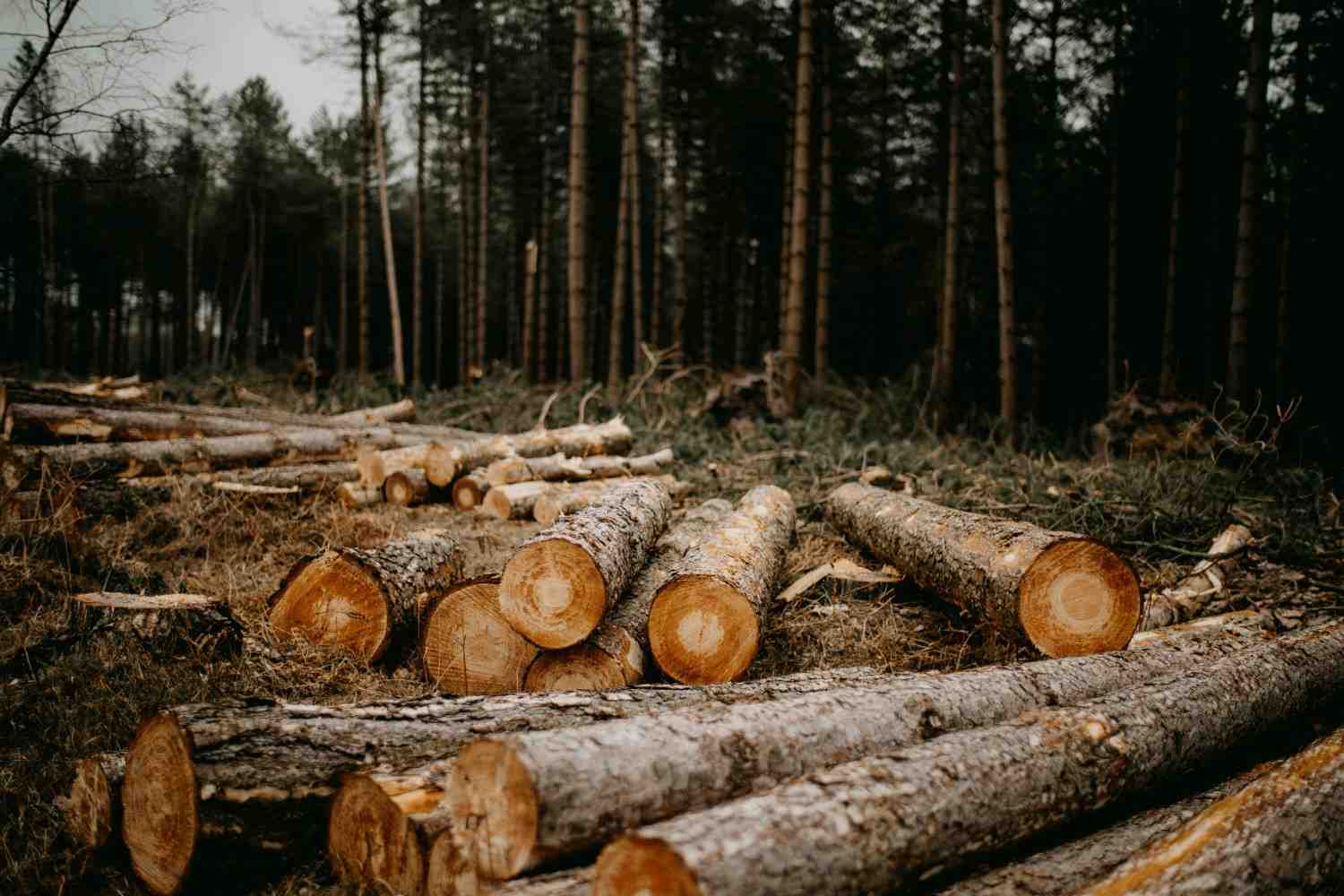In the last five years, nearly six lakh trees have been cut down in Jammu and Kashmir as part of an anti-encroachment drive along the Jhelum river. The data was revealed through a Right to Information (RTI) query filed by Srinagar-based activist M.M. Shuja.
According to the response, 5.84 lakh trees were removed between 2020 and 2025. These trees, mostly poplars, were spread along the entire length of the Jhelum—from its origin in Verinag in South Kashmir to Boniyar in North Kashmir, where the river exits into Pakistan-administered territory.
“I was shocked to see the numbers,” said Shuja. “The government is calling it encroachment, but the scale of deforestation is deeply worrying.”
The Irrigation and Flood Control (I\&FC) department had identified over 6.33 lakh trees for removal. Of the trees that were cut, the Sumbal division alone accounted for 4.79 lakh trees. Officials say these trees were planted too close to the river and were affecting the natural flow of water.
“These trees were not part of the river ecosystem,” an official from the I\&FC department told The Kashmiriyat.
“They were planted for profit or to occupy land illegally. Many contributed to blockages during floods.”
Along with trees, the department also demolished 1,884 structures and 283 boundary walls as part of the campaign.However, environmentalists say the drive is harming Kashmir’s already fragile ecosystem. They warn that removing trees on such a large scale could lead to serious long-term consequences.
“Trees on riverbanks help prevent soil erosion, lower temperatures, and protect against flooding,” said Dr. Rizwana Ahmad, an environmental scientist based in Srinagar.
“Cutting them weakens the land and increases the risk of disasters.”In recent years, Kashmir has witnessed strange weather patterns. Just this week, Srinagar recorded a temperature of 37.4 degrees Celsius, the highest for July in 72 years. Even Pahalgam, known for its cool weather, was hotter than Jammu.
“There is a clear connection between deforestation and rising temperatures,” said Dr. Ahmad. “Trees provide shade and help cool the environment. Without them, we’re heading toward a climate crisis.”
Health experts are also concerned. Doctors at Sher-e-Kashmir Institute of Medical Sciences (SKIMS) say they’ve seen a steady rise in respiratory illnesses like asthma, lung infections, and COPD.
“People living in areas where trees have been cut are more exposed to dust and heat,” said Dr. Nazir Lone, a senior pulmonologist at SKIMS. “We’re already seeing the impact in our hospitals.”
According to SKIMS data, over 5,400 lung cancer cases were recorded between 2010 and 2022. Experts estimate that around 10,000 people die every year in Jammu and Kashmir due to diseases linked to air pollution.Despite these warnings, the government has continued the tree-cutting drive without releasing any public study about its environmental impact. Activists say the move is short-sighted and dangerous.
“Under the name of river management, they are destroying what protects us,” said Shuja. “We need better planning, not destruction.”
Environmental groups are now calling for an immediate halt to the cutting and a proper review of its impact on health and climate.































































